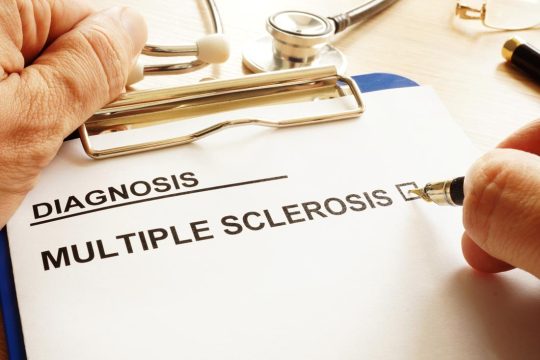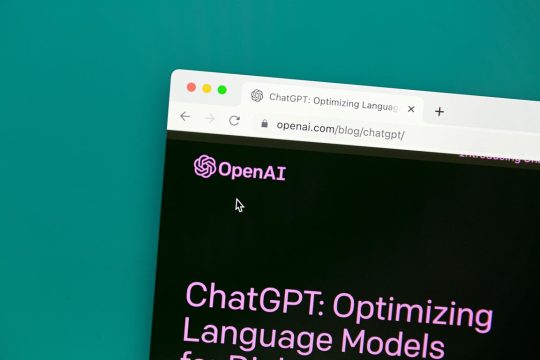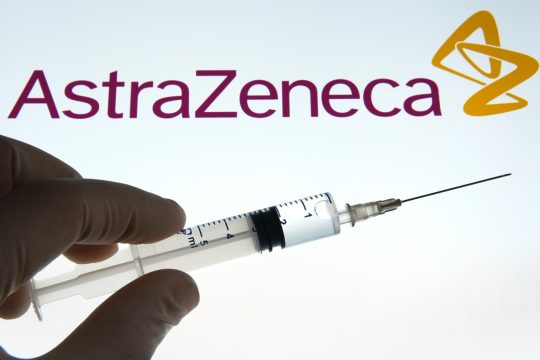Advertisment
Ninety percent of acute lymphoblastic leukemia patients respond to investigational personalized cellular therapy, CTL019
by Bruce Sylvester: Researchers report that 90% of subjects with acute lymphoblastic leukemia (ALL) who had relapsed multiple times or failed to respond to standard therapies have achieved remission following treatment with an investigational personalized cellular therapy, CTL019. The findings were published on Oct 15, 2014 in The New England Journal of Medicine/NEJM.
“The patients who participated in these trials had relapsed as many as four times, including 60 percent whose cancers came back even after stem cell transplants. Their cancers were so aggressive they had no treatment options left,” said senior author, Stephan Grupp, MD, PhD, professor of pediatrics at the University of Pennsylvania’s Perelman School of Medicine and director of Translational Research in the Center for Childhood Cancer Research at the Children’s Hospital of Philadelphia. “The durable responses we have observed with CTL019 therapy are unprecedented,” he added.
The findings include data from the first 25 children and young adults (ages 5 to 22) enrolled and treated at the Children’s Hospital of Philadelphia and first five adults (ages 26 to 60) enrolled and treated at the Hospital of the University of Pennsylvania, in Philadelphia. Twenty-seven of the 30 subjects achieved a complete remission after being infused with engineered cells. And 78 percent of all of the patients were alive at six months post-treatment.
CTL019 creation starts with a patient’s own T cells, collected and reprogrammed with a gene transfer technique that empowers the T cells to target and kill tumor cells. These engineered “hunter” cells contain a protein called chimeric antigen receptor (CAR), which is capable of binding to a protein called CD19 found on the surface of cancerous B cells typical of several types of leukemia. These “hunter” cells are then infused back into the patient, where they multiply and attack the cancer cells.
Nineteen subjects remain in remission, 15 of whom received CTL019 therapy only. Five subjects left the study for alternate therapy. Three of them received allogeneic stem cell transplants while in remission.
Seven subjects relapsed, between 6 weeks and 8.5 months after CTL019 treatment. Three developed CD19-negative leukemia, which would not have been targeted by CTL019 treatment.
All patients who received the CTL019 “hunter” cells experienced cytokine release syndrome (CRS). All recovered from the CRS.
“Our results support that CTL019 can produce long-lasting remissions for certain heavily pre-treated ALL patients without further therapy,” said co-author Noelle Frey, MD, assistant professor of medicine at the University of Pennsylvania’s Perelman School of Medicine and an oncologist at Penn’s Abramson’s Cancer Center. “For our patients who have already relapsed after stem cell transplants, or don’t have any options for donors, this option has provided new hope.”
In July 2014, the U.S. Food and Drug Administration granted CTL019 a “Breakthrough Therapy” designation, a step meant to expedite the development and review of new therapies for serious or life-threatening conditions that show significant advantages over available treatments.





